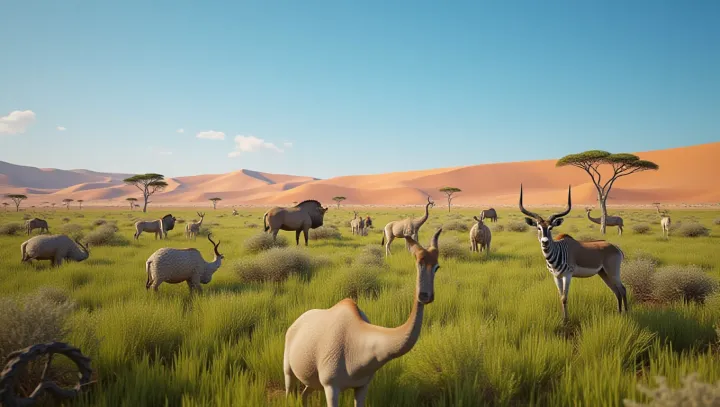Subtropical Namibia Faces Ecological Shift

In the heart of Africa, Namibia is undergoing significant climatic shifts, transitioning towards a subtropical climate regime. Scientists have flagged this development as both an opportunity and a risk for local biodiversity and agricultural practices. Researchers from the University of Windhoek have been meticulously tracking these changes.
Dr. Clara Voss, a leading climatologist, emphasized the urgency of understanding their long-term impacts. 'We're seeing alterations in rainfall patterns and intensified weather events,' Dr.
Voss explained, 'This is critical for planning sustainable development strategies.' These alterations are not occurring in isolation. The Namibian Ministry of Environment and Tourism has reported noticeable impacts on native ecosystems. The changes threaten traditional agriculture, prompting experts to explore alternative crops better suited for a hotter, more humid environment.
Efforts are now focused on implementing adaptive strategies. International collaborations are under discussion to bolster local capabilities in managing resources effectively. As Namibia inches towards a subtropical identity, resilience and adaptation define its path forward, encapsulating the broader challenges of global climate shifts.
